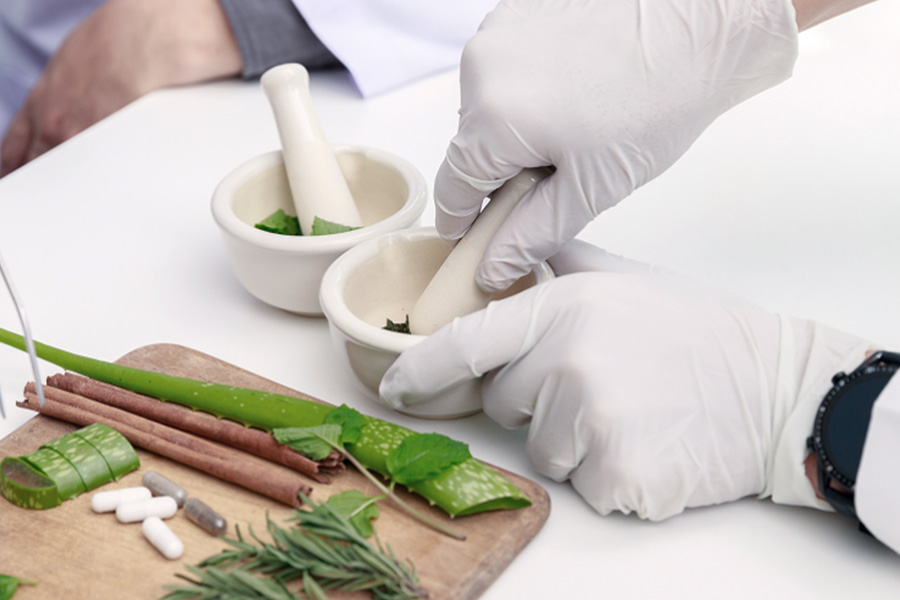
Traditional Chinese Medicine (TCM) has been around for thousands of years. Across Singapore, a new generation of TCM practitioners and patients is redefining what ancient wisdom can offer in a fast-paced, modern city. From high-rise clinics to digital diagnosis tools, the experience of TCM in Singapore is being reshaped with growing confidence. This article explores the evolving world of traditional Chinese medicine in Singapore, breaking down common misconceptions and giving readers a closer look through expert insights, tutorials, future trends, and behind-the-curtain advice.
What’s Next for TCM in Singapore?
Singapore’s TCM industry is undergoing a subtle but meaningful transformation. Increasingly, TCM clinics are embracing integrative approaches, working alongside Western medicine to more holistic care.
For instance, more General Practitioners are now referring patients to licensed TCM physicians for chronic pain, insomnia, and even fertility support. This trend is gaining traction, especially among younger Singaporeans who appreciate TCM’s focus on balance, prevention, and lifestyle alignment.
Technological integration is also on the rise. Digital platforms are now being used for teleconsultations and symptom tracking, offering greater accessibility and transparency. Wearables that monitor sleep, stress, and heart rate are being considered to enhance TCM diagnosis methods, especially in chronic conditions that require long-term management.
Understanding the TCM Basics for Beginners
If you’ve ever stepped into a TCM clinic and been baffled by terms like “Qi”, “Meridians”, or “Damp Heat”, you’re not alone. TCM can feel like a different language entirely.
In the most basic terms, TCM views the body as a system of interconnected energies, where imbalances lead to symptoms. The goal is to restore harmony, whether through herbs, acupuncture, cupping, tuina, or dietary adjustments.
Let’s say you’re dealing with chronic fatigue. A TCM physician will assess your pulse, tongue, sleep quality, digestion, and even emotional state. This diagnostic method identifies your unique pattern of imbalance.
From there, treatment is customised to realign your internal balance. These methods may seem unconventional. They offer relief when conventional treatments fall short.
Where People Go Wrong with TCM
Despite its growing popularity, misconceptions about TCM in Singapore still abound. One of the most common mistakes is expecting instant results. This means progress may feel slower, but tends to be more sustainable. Patients often stop treatment prematurely because they don’t see overnight change, missing out on long-term benefits.
Another mistake is self-diagnosing and buying over-the-counter herbs without proper guidance. TCM prescriptions are meant to be personalised. Using the wrong herbs can disrupt your balance further, especially if you’re unknowingly addressing the wrong syndrome. Equally, mixing TCM herbs with medications without informing your physician or doctor can lead to unintended interactions.
It’s also a mistake to assume all TCM clinics operate the same way. Some specialise in orthopaedics, others in gynaecology or internal medicine. Choosing a clinic that aligns with your needs is key to a positive experience with TCM treatment.
What TCM Physicians in Singapore Want You to Know
Several practising TCM physicians in Singapore have noted a rise in patients coming in with stress-related disorders. Interestingly, they agree that lifestyle plays an outsized role in the modern TCM diagnosis. Excessive screen time, irregular meals, and poor sleep are viewed as direct contributors to Qi stagnation or organ imbalance.
Physicians emphasise that consistency is more important than intensity. One-off acupuncture sessions or occasional herbs can help, but sustained, consistent treatment is what brings real change.
Many also suggest combining therapies for better effects. Engaging with it earlier allows the body more time to respond, particularly for chronic or lifestyle-related conditions.
What Patients Learn Too Late
There are a few things patients often discover only after weeks of treatment. First, TCM requires lifestyle adjustments. For instance, your physician may suggest sleeping earlier, avoiding cold drinks, or adjusting your work schedule to reduce stress. These changes may seem small but play a significant role in supporting the body’s ability to heal.
Second, pricing transparency can vary. While most clinics are upfront about consultation and herb costs, package plans or repeat visits can add up. Always ask for a treatment roadmap. That gives you a better sense of commitment, time, and cost.
Lastly, many patients regret not starting sooner. Whether for pain management, fertility, skin conditions, or chronic fatigue, TCM is increasingly seen as a proactive healthcare choice. A TCM treatment might change how you manage your life long-term.
The Old World Meets the New in Singapore’s TCM Scene
Far from being outdated, TCM in Singapore is balancing age-old principles with the demands of a fast-moving society. From digital innovations to integrative care, the scene is changing, slowly but surely.
Understanding what TCM offers can help more people experience its full potential. For the open-minded and the curious, TCM might just be that bridge between ancient calm and modern chaos.
Contact Great Wall TCM today.

